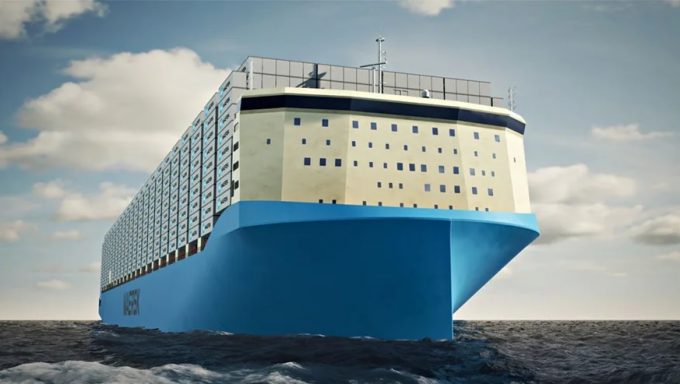Global shipping to shift as Europe and southeast Asia fill US gap in China trade
China is cultivating trade ties with Southeast Asia and Europe in the face of intensifying ...

Maersk is preparing for its divorce from 2M Alliance partner MSC with a fresh order for six dual-fuel methanol-ready 9,000 teu vessels.
The Danish shipping group now has 25 ‘methanol-enabled’ vessels on order, which, chief infrastructure officer Rabab Boulos said represented “another step in the green ...

Comment on this article